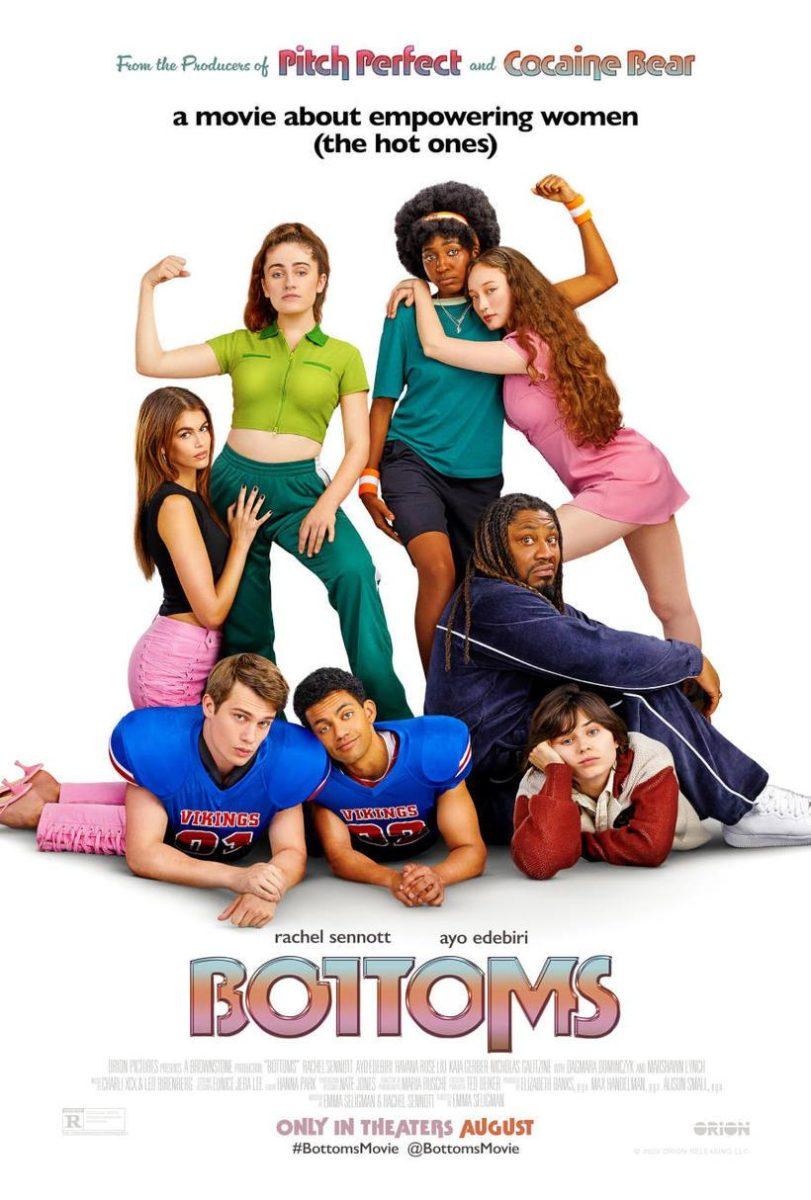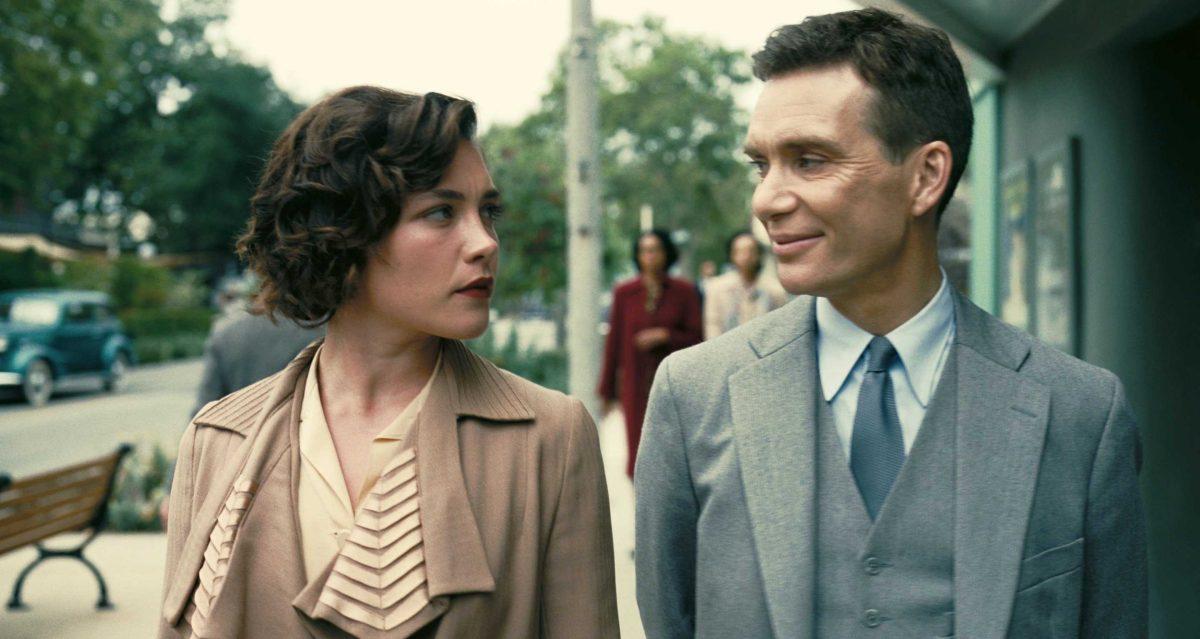Let’s have a conversation about having conversations.
With the state of America being as tense as it, especially in the wake of the Charleston shootings, many people have decided to stay quiet about their beliefs in an effort to not offend anyone.
What if someone unfriends us on Facebook? What if we lose Twitter followers? What if our views make us unpopular?
As a news outlet, it’s easy for us to turn a blind eye to social commentary and report on facts only, hiding behind the shield of objectiveness. But we have to remember we’re students first, and it’s time for questions to start being asked and answered right here at LSU. It’s time to become a part of the conversation.
As the flagship university of Louisiana, one would think more conversations about social issues would occur here. But as students grow more vocal on social media, the divide between University students on campus grows larger.
In the past few days, we’ve received dozens of Tweets concerning the removal of the Confederate flag from tailgates and the Charleston shootings, with the common denominator being why we aren’t addressing these issues. All of these questions and notions are valid and allow us and other outlets on campus to begin thinking about this University and the race relations it houses.
Eleven percent of the University’s enrollment is African-American. And when we ignore questions that pertain to 11 percent of the University’s demographic, we do a disservice not only to them but to everyone else.
The University of Florida has the Center for the Study of Race and Race Relations where discussions of race issues are encouraged. The center also hosts workshops on race-related material and has a plethora of current and historical race-related content. The University of Mississippi has The Center for Inclusion and Cross Cultural Engagement to help students understand their own identity and the culture and heritage of those around them. And the list goes on.
LSU has the Office of Diversity, but much of its work centers around recruitment and pointing students toward multicultural organizations.
Ignoring issues only perpetuates the notion of “everything’s OK if we act like it doesn’t exist.” If we unfriend and block every person on social media who disagrees with our opinions, we lose that chance to start conversation and understand how our diverse backgrounds have brought us to our beliefs today.
If we are to pride ourselves on being a diverse demographic, we should be able to have these difficult conversations and challenge each other’s views. It would be simple to say the fallout of the Emanuel AME Church shooting has given America an “Us vs. Them” mentality, but it’s more than that. The reason we should hold these conversations is to negate the feeling that there ever should be an “us” and a “them.”
Most can agree that what Dylann Roof did was a hate crime if not an act of terrorism. However, now is the time to discuss the aftermath of the shooting and its effect on us — as individuals and as a campus as a whole. There is no such thing as “this doesn’t concern me.” The history of America, the safety of its people and its future concern all of us.
We have nothing to lose from asking each other tough questions, but we do have everything to gain. New understanding creates a new perspective, and a new perspective can bring a small dose of peace to our campus.
This is an opportunity that can not go to waste. We must start taking part in the conversation in a positive manner. Understanding is the first step to creating a safer and more welcoming campus for all students.
We need to start the conversation and keep it going for future University students.
Editorial: Students should begin publicly discussing race relations
June 24, 2015

Student Union Photo
More to Discover










